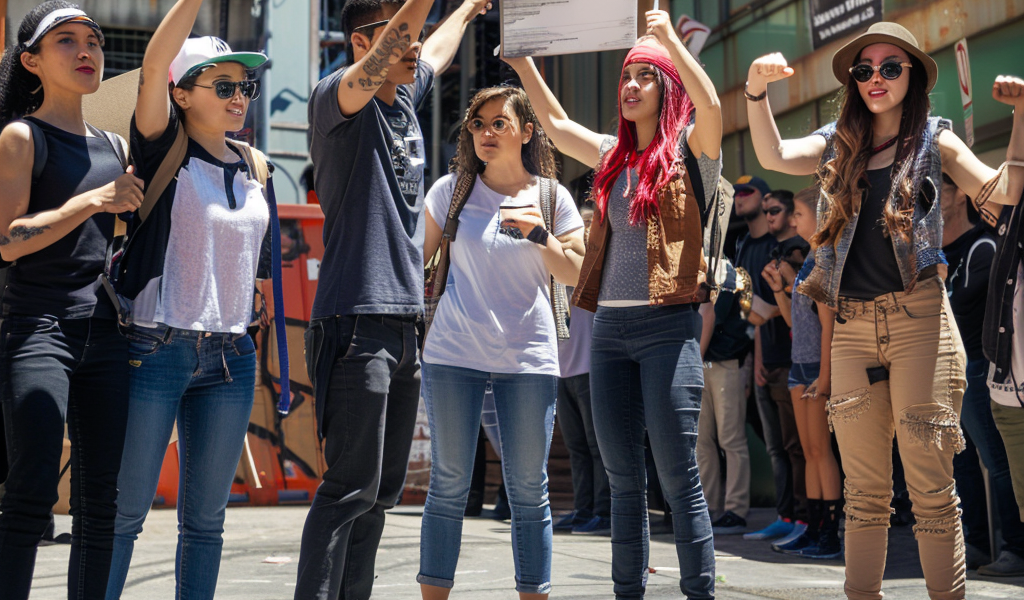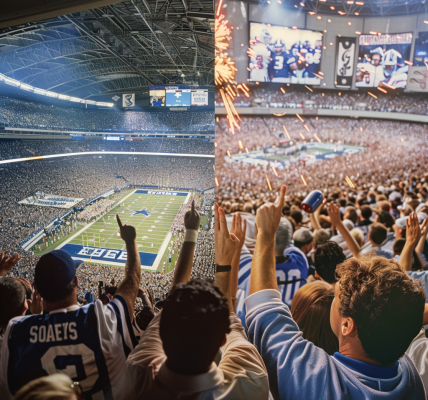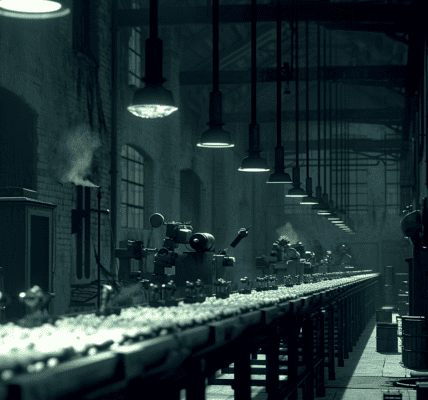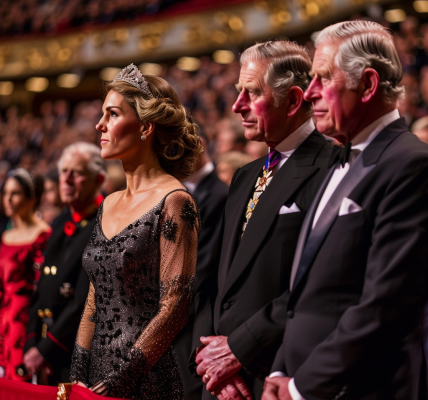In a significant move that could reshape the landscape of the video game industry, voice actors and motion capture performers have officially gone on strike, marking the first such action since 2017. This decision follows months of negotiations with major game publishers, including Activision and Epic Games, which have failed to yield satisfactory agreements regarding pay, safety measures, and protections against the encroachment of generative AI technologies.
The strike, which began on July 26 at 12:01 a.m., is a response to the growing concern over the use of AI in the gaming industry. Members of the Screen Actors Guild-American Federation of Television and Radio Artists (SAG-AFTRA) voted last fall to authorize a strike, citing the unwillingness of major game companies to provide guarantees regarding the use of performers’ work in AI training and the creation of AI-generated content.
Approximately 2,600 voice actors and motion capture artists, including well-known talents such as Troy Baker from The Last of Us, Jennifer Hale from Mass Effect, and Matt Mercer from The Legend of Zelda: Tears of the Kingdom, have been operating without an Interactive Media Agreement since November 2022. Their demands center on securing fair compensation and informed consent regarding the use of their likenesses and performances in AI applications.
Duncan Crabtree-Ireland, the chief negotiator for SAG-AFTRA, expressed the urgency of the situation, stating, “The video game industry generates billions of dollars in profit annually. The driving force behind that success is the creative people who design and create those games. That includes the SAG-AFTRA members who bring memorable and beloved game characters to life, and they deserve and demand the same fundamental protections as performers in film, television, streaming, and music: fair compensation and the right of informed consent for the A.I. use of their faces, voices, and bodies.”
The strike comes on the heels of similar actions taken by Hollywood actors and writers, which concluded last year. The ramifications of this strike could be profound, potentially affecting the development and marketing of some of the industry’s most anticipated titles.
As the strike progresses, it remains to be seen how game studios will respond to the demands of the performers. The ongoing negotiations highlight a crucial moment in the industry, as the integration of AI technologies continues to expand. Voice actors and motion capture artists are advocating for their rights in an era where AI can replicate human performances, raising ethical questions about the future of creative work.
This strike not only underscores the importance of fair treatment for performers but also reflects a broader movement within the entertainment industry to secure rights and protections in the face of technological advancements. The outcome of these negotiations will likely set a precedent for how the industry navigates the intersection of creativity and technology moving forward.
With the stakes higher than ever, both sides will need to engage in meaningful dialogue to reach an agreement that respects the contributions of voice actors and motion capture artists while also addressing the evolving landscape of the video game industry.





